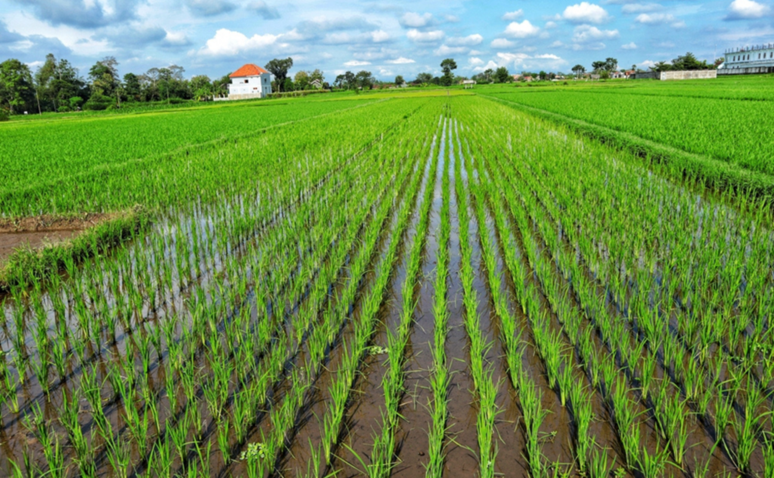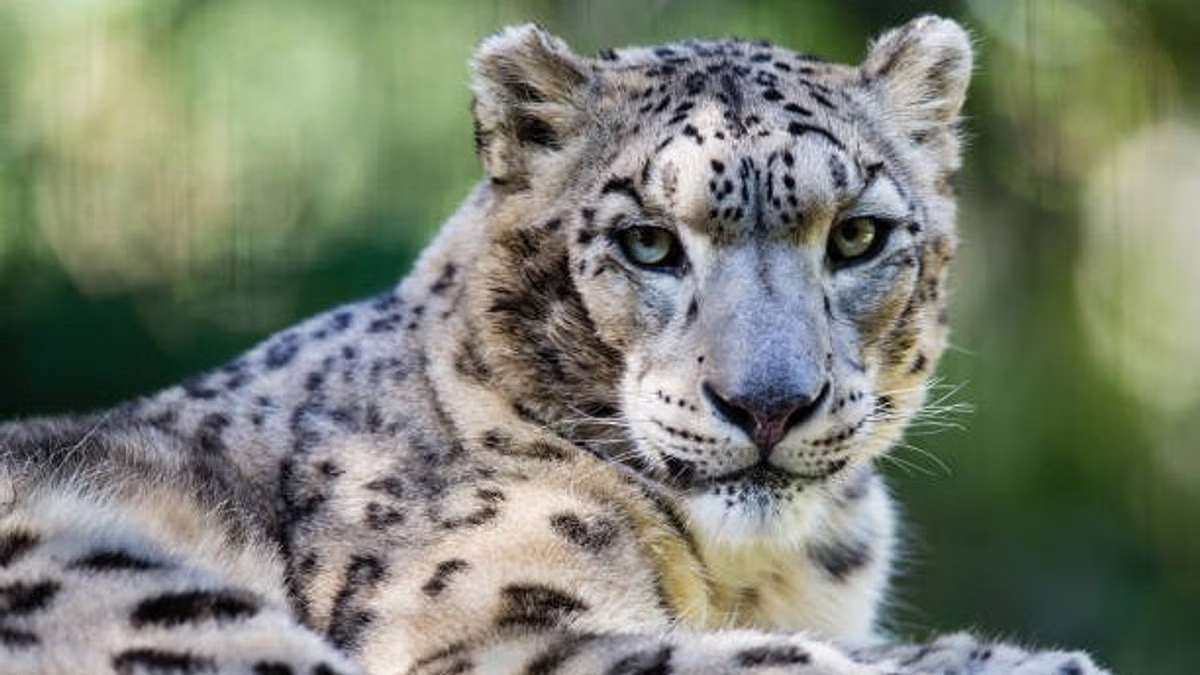- Courses
- GS Full Course 1 Year
- GS Full Course 2 Year
- GS Full Course 3 Year
- GS Full Course Till Selection
- Online Program
- GS Recorded Course
- NCERT (Recorded 500+ Hours)
- Polity Recorded Course
- Geography Recorded Course
- Economy Recorded Course
- AMAC Recorded Course
- Modern India, Post Independence & World History
- Environment Recoded Course
- Governance Recoded Course
- Science & Tech. Recoded Course
- International Relations and Internal Security Recorded Course
- Disaster Management Module Course
- Ethics Recoded Course
- Essay Recoded Course
- Current Affairs Recoded Course
- CSAT
- 5 LAYERED ARJUNA Mentorship
- Public Administration Optional
- ABOUT US
- OUR TOPPERS
- TEST SERIES
- FREE STUDY MATERIAL
- VIDEOS
- CONTACT US
Direct Seeded Rice (DSR): A Sustainable Approach to Rice Cultivation
Direct Seeded Rice (DSR): A Sustainable Approach to Rice Cultivation
06-06-2024

Direct Seeded Rice (DSR) is a modern rice cultivation technique that involves sowing rice seeds directly into the field, eliminating the need for transplanting seedlings from a nursery.
- It offers numerous benefits for farmers, the environment, and the economy.
DSR: A Sustainable Method
DSR is an efficient and sustainable method of rice cultivation that provides significant advantages:
- Reduced Labor and Cost: DSR eliminates the labor-intensive process of transplanting seedlings, saving time and labor costs.
- Water Conservation: DSR requires less water compared to traditional transplanted rice, making it an environmentally friendly option in water-scarce regions.
- Increased Yield Potential: DSR allows for better crop establishment and management, resulting in higher yields and improved grain quality.
Herbicide-Tolerant Basmati Rice:
- The Indian Council of Agricultural Research (ICAR) has commercialized non-genetically modified (non-GM) herbicide-tolerant (Ht) basmati rice varieties.
- These varieties possess a mutated ALS gene, allowing them to tolerate the herbicide Imazethapyr.
Scientific Debate on Weed Control:
- Research suggests that hand weeding at specific intervals (20 and 40 days after sowing) is more effective in controlling weeds and enhancing yields in DSR compared to the use of Imazethapyr.
- ICAR's research advocates for eco-friendly hand weeding over repeated herbicide applications for sustainable weed control and higher seed yield.
Weed Diversity and Risks:
- Imazethapyr targets specific broadleaf weeds (BLW), but not all weed types.
- The overuse of herbicides may lead to the evolution of herbicide-resistant weeds, posing a threat to rice production and food security.
Historical Context and Innovations:
- In the North Western Plains (e.g., Punjab, Haryana), DSR has been traditionally used for growing Basmati rice.
- However, the Green Revolution promoted water-intensive transplanted rice, leading to ecological issues.
- Innovations in DSR at IARI Karnal from 2014 to 2017 resulted in the adoption of TAR-VATTAR technology, which utilizes climatic factors and effective herbicides like Pendimethalin to reduce costs and conserve water.
Recent Adoption and Impact:
- During the COVID-19 pandemic, the labor shortage led to a surge in DSR adoption in Punjab, demonstrating its viability.
- The Haryana government has also adopted DSR on a large scale, conserving significant amounts of water (e.g., 31,500 crore liters saved in 2022).
What is Bt-Cotton?
- Bt-Cotton is a genetically modified (GM) cotton crop designed to express an insecticidal protein derived from the soil bacterium Bacillus thuringiensis (Bt).
- This protein is toxic to specific insect pests, particularly bollworms and tobacco budworms, which are major cotton pests.
Must Check: Best IAS Coaching In Delhi


